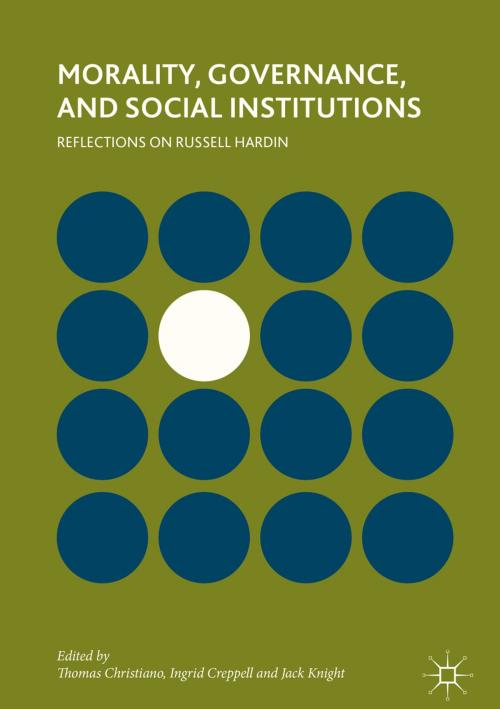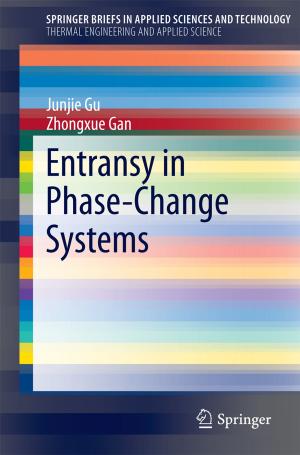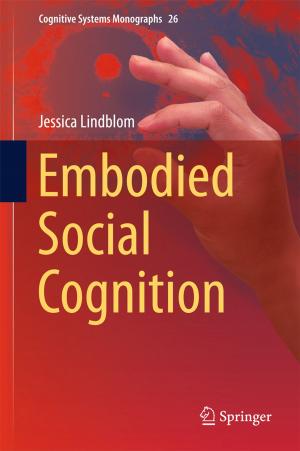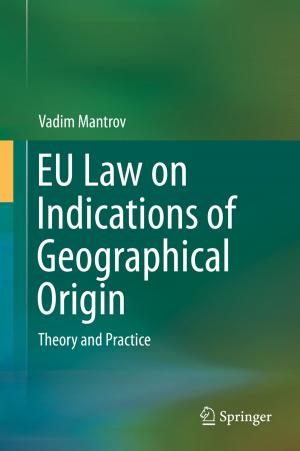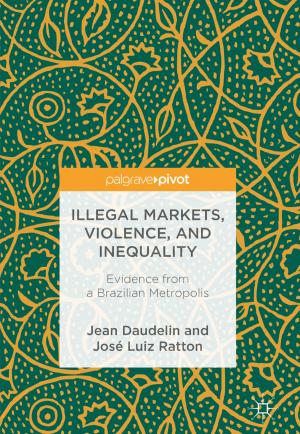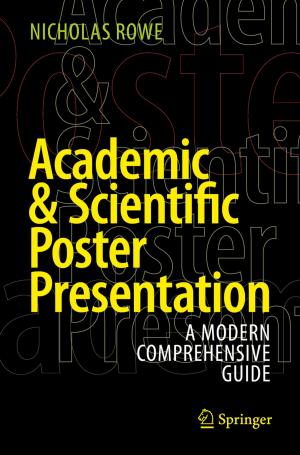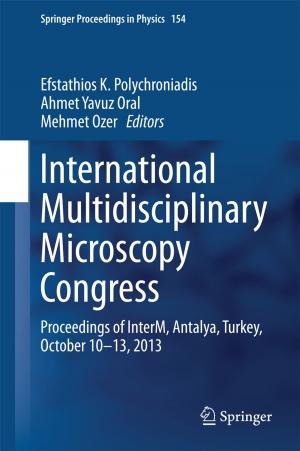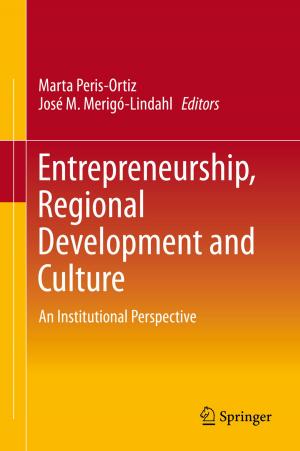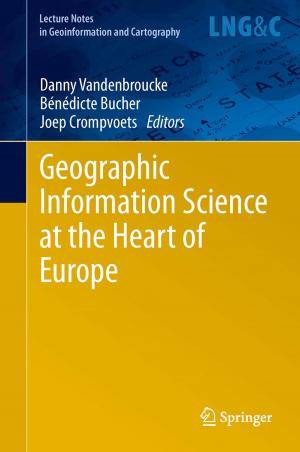Morality, Governance, and Social Institutions
Reflections on Russell Hardin
Nonfiction, Religion & Spirituality, Philosophy, Political, Social & Cultural Studies, Political Science, Politics, History & Theory| Author: | ISBN: | 9783319610702 | |
| Publisher: | Springer International Publishing | Publication: | October 9, 2017 |
| Imprint: | Palgrave Macmillan | Language: | English |
| Author: | |
| ISBN: | 9783319610702 |
| Publisher: | Springer International Publishing |
| Publication: | October 9, 2017 |
| Imprint: | Palgrave Macmillan |
| Language: | English |
This book reflects on the research and career of political theorist Russell Hardin from scholars of Political Science, Philosophy, Sociology, Economics, and Law, among other disciplines. Contributions address core issues of political theory as perceived by Hardin, starting with his insistence that many of the basic institutions of modern society and their formative historical beginnings can be understood as proceeding primarily from the self-interested motives of the participants. Many of the contributions in this volume struggle with the constraints imposed on political theorizing by the idea of self-interested agents, or homo economicus. Some reject the idea as empirically unfounded. Others try to show that homo economicus is even more versatile than Hardin depicts. And yet others accept the constraints and work within them. But all pay tribute to the lasting intellectual contribution of Russell Hardin and the challenge he poses. The book should appeal to scholars and students interested in collective action, public choice and democracy, moral reasoning and its limits, constitutionalism, liberalism, conventions and coordination, trust, identity politics, social epistemology, and methods in politics philosophy.
This book reflects on the research and career of political theorist Russell Hardin from scholars of Political Science, Philosophy, Sociology, Economics, and Law, among other disciplines. Contributions address core issues of political theory as perceived by Hardin, starting with his insistence that many of the basic institutions of modern society and their formative historical beginnings can be understood as proceeding primarily from the self-interested motives of the participants. Many of the contributions in this volume struggle with the constraints imposed on political theorizing by the idea of self-interested agents, or homo economicus. Some reject the idea as empirically unfounded. Others try to show that homo economicus is even more versatile than Hardin depicts. And yet others accept the constraints and work within them. But all pay tribute to the lasting intellectual contribution of Russell Hardin and the challenge he poses. The book should appeal to scholars and students interested in collective action, public choice and democracy, moral reasoning and its limits, constitutionalism, liberalism, conventions and coordination, trust, identity politics, social epistemology, and methods in politics philosophy.
